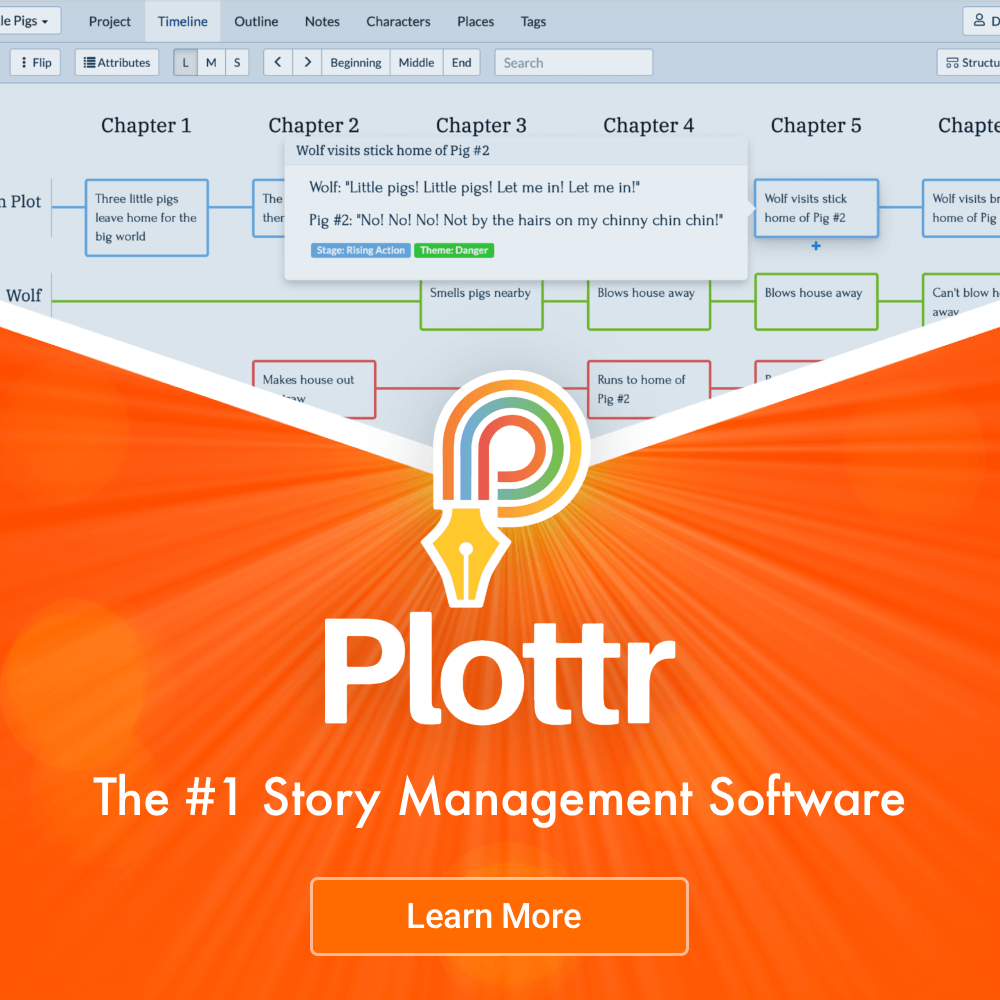by Katheryn Heinrich
I know that many authors—myself included—find keeping up with social media accounts to be a slog. After all, we were born for crafting lore-rich worlds, not running marketing campaigns! However, to make it as an author, the sad truth is that you have to treat writing more like a business you run and less like a fun hobby you participate in—and no business can be successful without a solid social media marketing strategy.
If you’re also one of those people who wants to spend all their time writing and less time crafting eye-drawing content, read on below for some tips and tricks I’ve learned over the years on how to effectively market my “business” without wasting precious drafting time.
One great feature of Facebook is that you can set up a business Facebook page that is separate from your personal page, so you don’t have to worry about bothering all those relatives you haven’t seen in fifteen years with post after post about your book. Facebook also allows you to run paid ads, where Facebook’s algorithm does the heavy lifting for you and promotes your content to thousands of people every day, entirely against their will.
I’m going to tell you right now: DON’T DO THIS. Building a following organically will take a lot more time and effort, but doing so is much more profitable. If you’ve ever run any kind of paid ad on Facebook, you may already know where I’m going with this. It’s a bit disheartening to see hundreds of hate comments pouring in, but that’s the majority of what you’ll get with Facebook ads.
Instead, you’ll want to craft engaging, personal, relatable content and less sales-y. People go on Facebook to connect with people—not watch ads. Post about what’s going on in your life (especially if it somehow connects to your characters or plot!) or content that engages with your audience, such as quizzes or polls. Start by joining author groups and making smaller posts, commenting on other authors’ posts, responding to people’s comments to direct them to your page, and be sure to tell your fans to follow on Facebook any chance you get. Make the content valuable to them so they see it almost as a free perk you offer.
Best Ideas for Facebook Content:
- Audience polls (“Which two characters from [your book] would make the best couple?”)
- Engagement posts (“Comment an emoji that best describes your reaction to the end of the book!”)
- Personal insights (“What I read today”)
Like any good marketing strategy, you will want to use the social media platform that most resonates with your target audience. The majority of younger generations nowadays are flocking to Instagram, which emphasizes text less and images more. You may have to move a bit further out of your comfort zone here, as you can’t totally rely on your area of expertise anymore.
Posting character art, especially fan art (with the artist’s permission!), is a great way to involve your audience in your work, earn brownie points with your fans, and draw viewer’s interest in the characters in your stories. Additionally, similarly to Facebook, posting “behind the scenes” images that showcase your desk, workspace, snapshots of journal entries, or a brain-dump session can do a lot to garner viewer interest.
Best Ideas for Instagram Content:
- Fan art
- Behind-the-scenes
- Journal entries
Video Platforms
This one’s a bit broad, but covers Snapchat, Instagram Reels, Facebook Reels, YouTube Shorts, and TikTok (if it’s still around!)
Platforms that allow you to make and post short videos are invaluable for building your “brand.” The best way to take advantage of all these short video platforms is to study! It may seem counterintuitive, but take some time to scroll through TikTok for hours and ensure you’re taking note of trends to capitalize on.
By “trends,” you should be noticing (and copying) video styles. This may include trending audios, trending editing styles, trending topics, and even trending outfits that creators wear and the products they use. By following trends and making them fit the context of your “brand,” you can draw quite a bit of organic traffic to your page. Just make sure that everything points back to your book!
Best Ideas for Short-Form Video Content:
- Read aloud some of your most edge-of-your-seat scenes (where you stop just before you get to the good part!)
- Day-in-the-life author vlog where you show viewers the reality of an author’s life
- Character POV skits
Conclusion
So, there you have it—social media doesn’t have to be the soul-sucking chore it’s often made out to be. With platforms like Facebook and Instagram, you can share fun polls, behind-the-scenes peeks, and fan art to connect with readers on a personal level. And if you’re brave enough to dive into video platforms like TikTok, following trends can help you grow your audience in a big way. The trick is to keep it authentic and engaging—no one wants to feel like they’re being sold to. Treat your writing like the business it is, and let your personality shine through!







